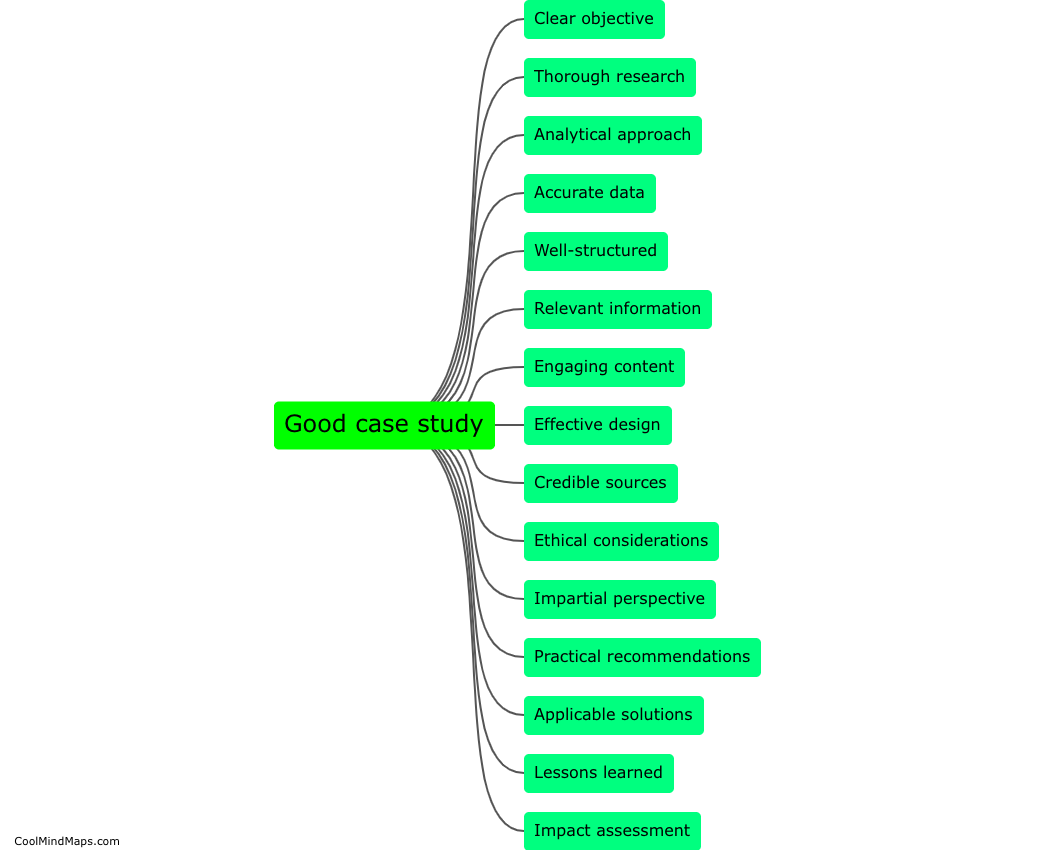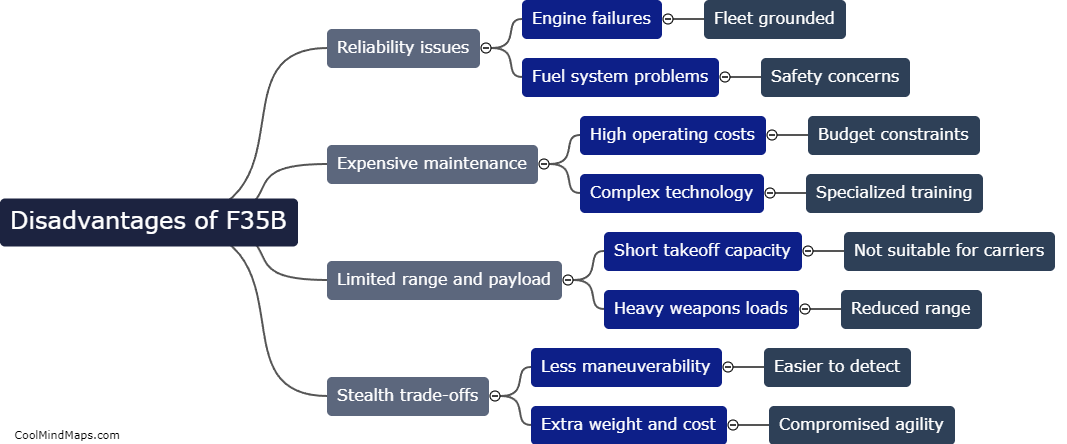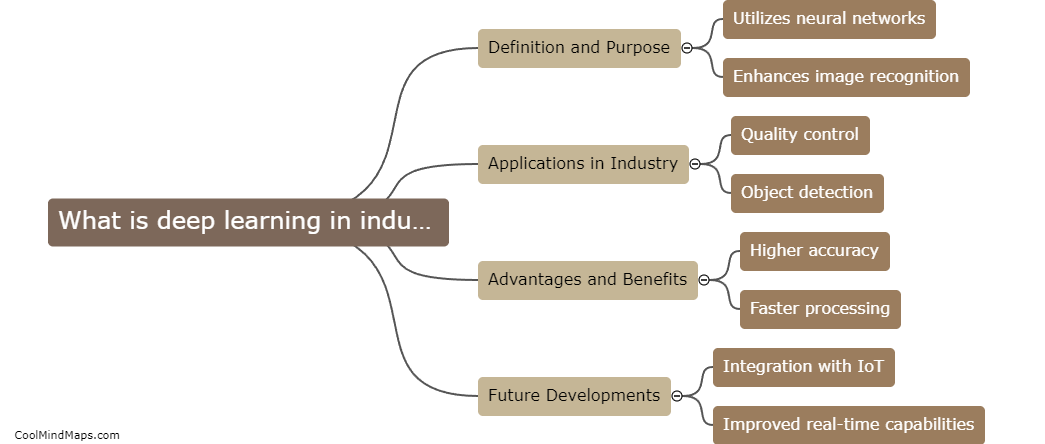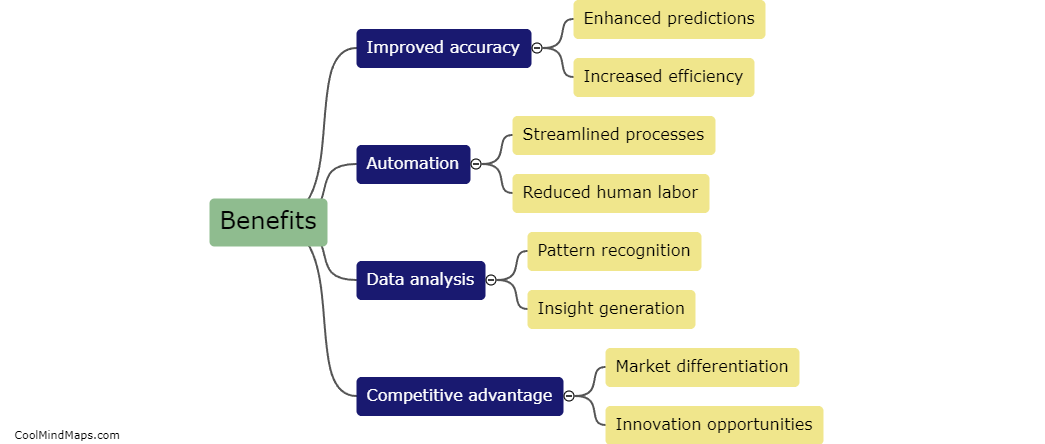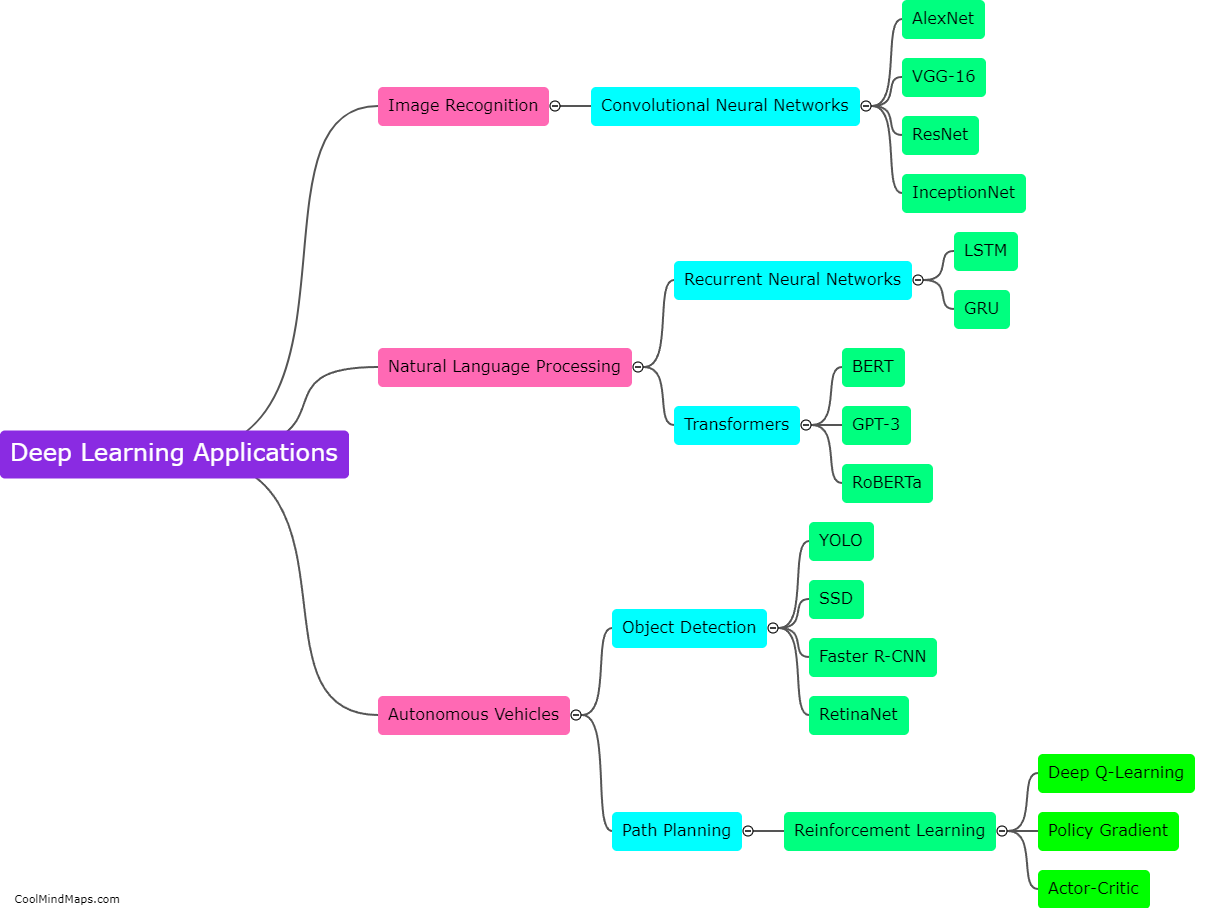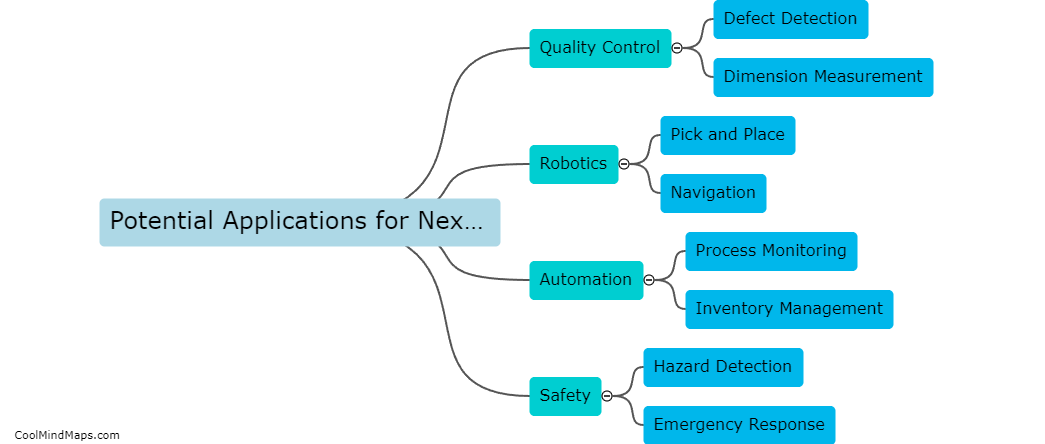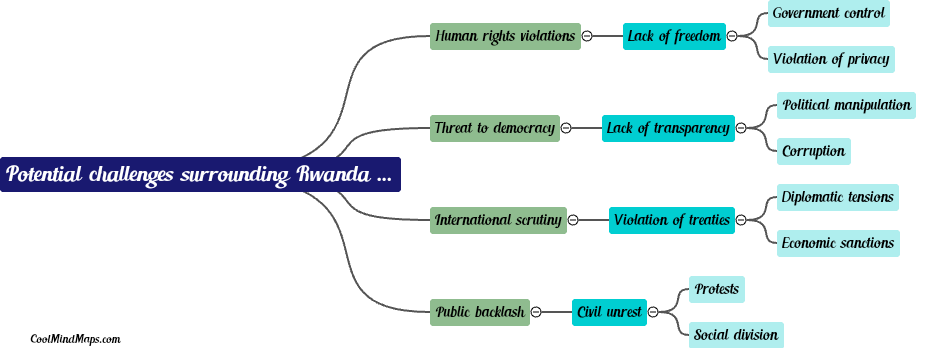How can artificial intelligence algorithms improve industrial vision sensors?
Artificial intelligence algorithms have the potential to greatly enhance industrial vision sensors by enabling more advanced image processing and analysis capabilities. These algorithms can help improve accuracy, speed, and reliability of detecting defects or anomalies in products on manufacturing lines, leading to higher product quality and reduced waste. By using AI algorithms, industrial vision sensors can also adapt and learn from new data, allowing for more efficient and effective inspection processes. Overall, incorporating AI into industrial vision sensors can revolutionize quality control and enhance overall productivity in manufacturing industries.
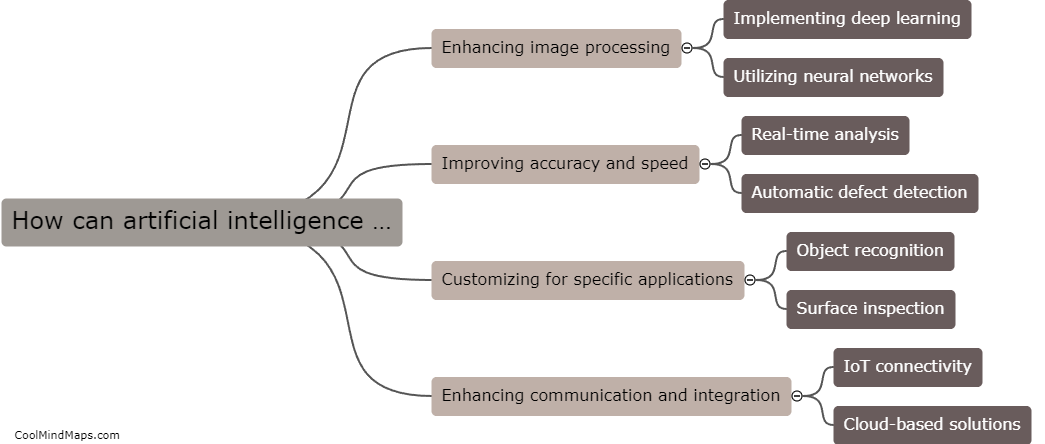
This mind map was published on 13 May 2024 and has been viewed 65 times.
